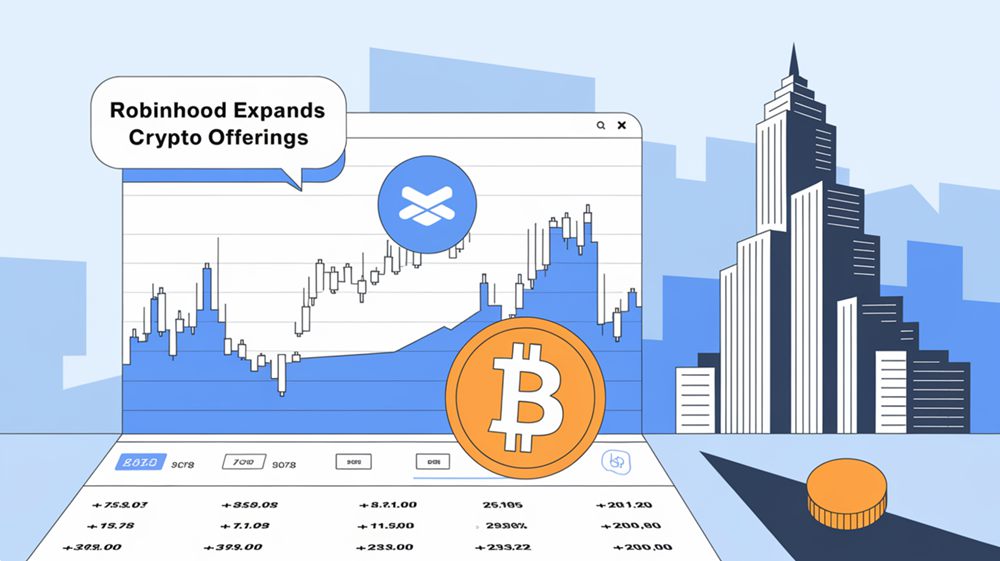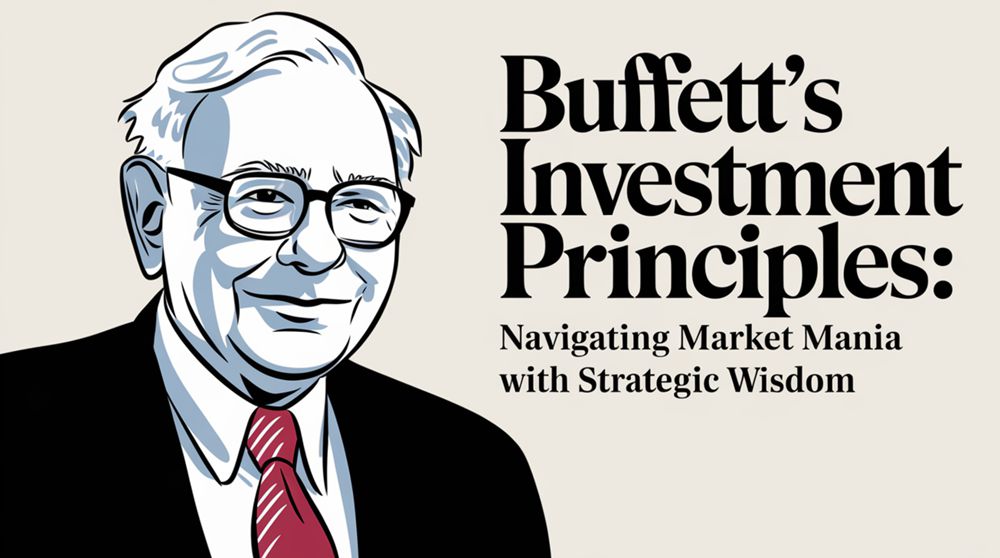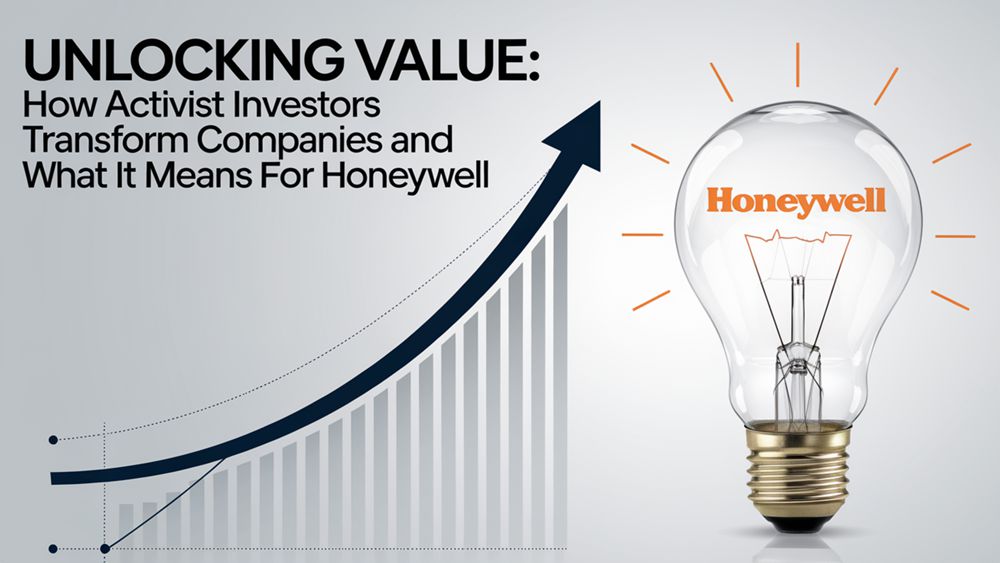AMD vs NVDA: Comparative Analysis of Investment Value
In the dynamic landscape of semiconductor stocks, Advanced Micro Devices (AMD) and NVIDIA Corporation (NVDA) are two prominent players whose stocks have been the subject of investor scrutiny. This report aims to dissect the relative investment value of AMD and NVDA, drawing upon recent financial data, market performance, and industry trends.
Financial Performance and Market Position
NVIDIA, recognized as the largest semiconductor stock by market value, has demonstrated a significant presence in the industry. Despite facing a revenue drop in 2022, NVIDIA’s revenue in 2023 was $26.97 billion, marking a slight increase from the previous year’s $26.91 billion. However, earnings saw a substantial decrease of 55.21%, which raises concerns about profitability.
In contrast, AMD has been on an upward trajectory, with its stock soaring by 89% year to date as of December 2023. Investors have shown increased confidence in AMD, especially following a summer pullback and subsequent surge after the announcement of new AI chips.
Valuation Metrics
Valuation metrics are crucial when assessing the investment value of a stock. AMD’s forward price-to-earnings (P/E) ratio is not characterized as cheap, yet it presents more value compared to NVIDIA’s. AMD’s price/earnings-to-growth (PEG) ratio of 0.1 is particularly noteworthy, suggesting that the stock is undervalued relative to its growth potential.
Market Share and Innovation
Market share is a significant indicator of a company’s competitive edge. AMD commands approximately 20% of the GPU market, whereas NVIDIA holds a larger share. Despite this, AMD’s performance and innovation in producing cheaper alternatives to powerful chips have been commendable. The anticipated launch of new AI chips by AMD could further enhance its market position and justify its valuation.
Artificial Intelligence (AI) and Future Prospects
The AI market, valued at $137 billion, is a battleground for chipmakers like AMD and NVIDIA. NVIDIA’s lead in AI is significant, with its stock gains reflecting its strong position in this domain. However, AMD’s upcoming AI chips could potentially disrupt NVIDIA’s dominance and offer substantial growth opportunities for the company.
Analyst Ratings and Investor Sentiment
Analyst ratings are a barometer of market sentiment and future expectations. NVIDIA enjoys a “Strong Buy” rating from 41 analysts, indicating a positive outlook for the stock. Conversely, AMD’s recent performance has caught the attention of investors, leading to a significant uptick in its stock price.
Conclusion
Upon careful examination of the available data and trends, it is evident that both AMD and NVDA offer distinct investment propositions. NVIDIA’s larger market share and strong foothold in the AI sector make it a formidable player in the semiconductor industry. However, its high valuation and recent earnings dip cast a shadow on its immediate attractiveness as an investment.
In contrast, AMD’s undervalued status, coupled with its PEG ratio and expected growth from new AI chip launches, presents a compelling case for investors seeking value and growth potential. The surge in AMD’s stock price and the anticipation of new product offerings suggest that the market is optimistic about its future prospects.
Given the evidence, it is my opinion that AMD currently provides better value for investors. The company’s financial metrics, market performance, and strategic positioning in the burgeoning AI market offer a balanced blend of value and growth. While NVIDIA remains a strong contender with its dominant market presence and AI capabilities, AMD’s attractive valuation and growth trajectory make it a more appealing buy at this juncture.
To become a better investor with our AI Assistant @ kavout.com/investgpt


